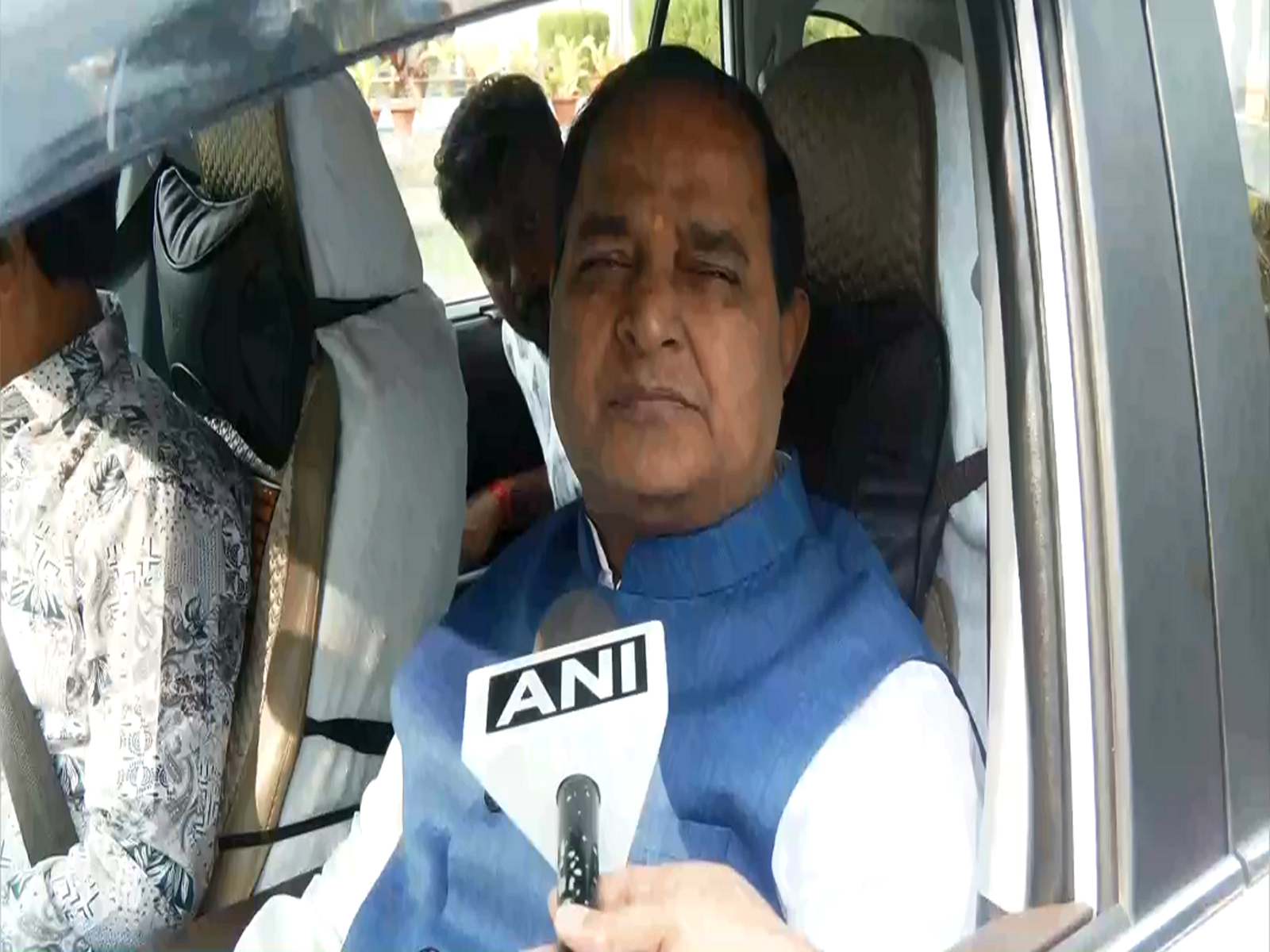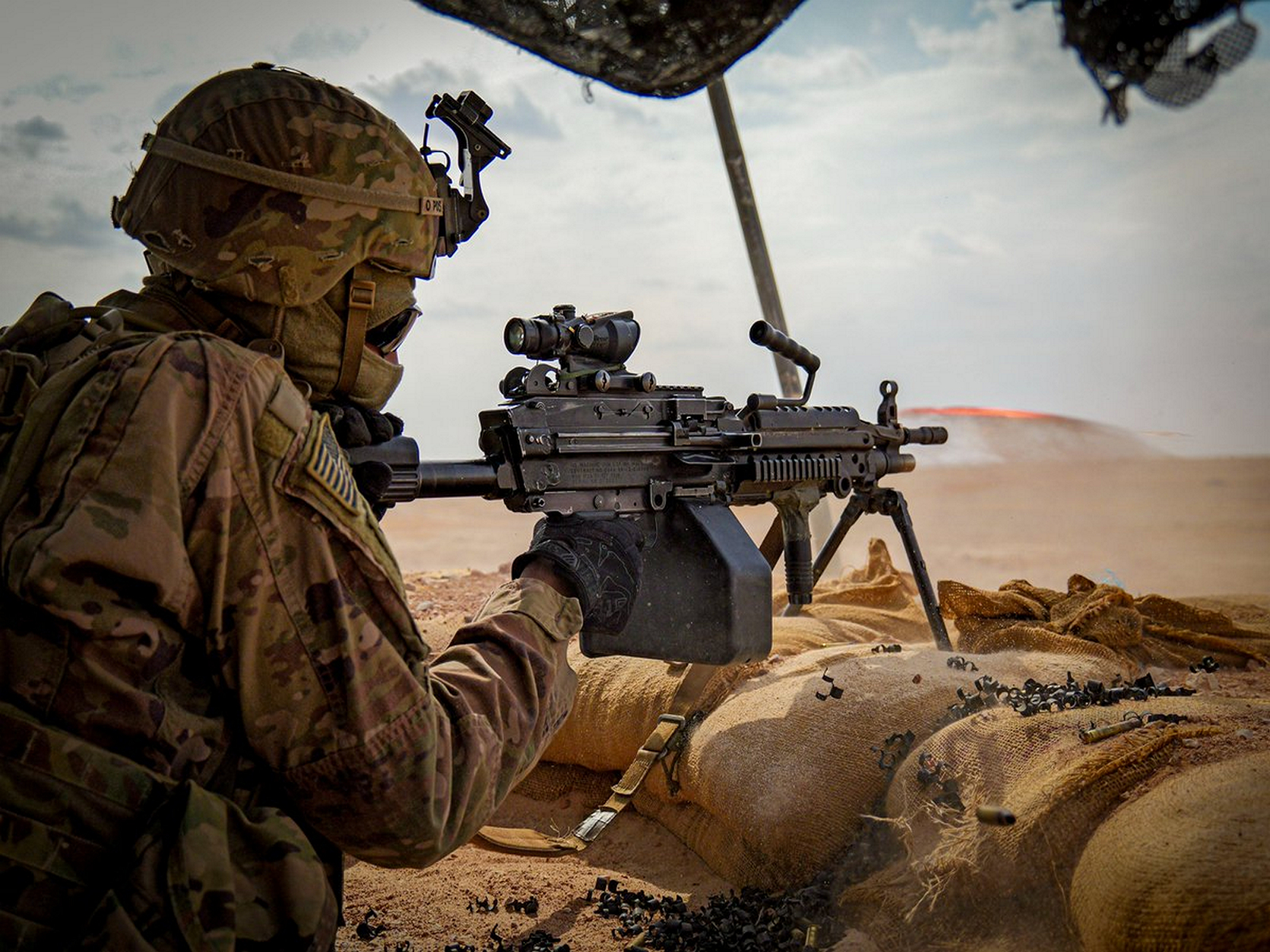China's fails in its trade obligations with Nepal as a part of the Transport and Transit Agreement
Jan 17, 2022

Kathmandu [Nepal], January 17 : China's non-adherence to the Transport and Transit agreement has let Nepal down in its trade relations with Beijing.
Businessmen in Nepal have been left with only protesting against China at the two main trading points on the Nepal - China border -- Rasuwagadhi and Tatopani --- accusing Beijing of imposing an unofficial blockade as container trucks loaded with importable consumer items have not been allowed to cross the border into Nepal, according to reports from Kathmandu, according to Singapore Post.
Further, to harass Nepalese traders, Chinese transporters have even increased freight charges over four times along the nearly 25 km stretch between the Chinese border point and the Nepalese border.
On the other hand, the reasons for this Chinese betrayal of Nepal remain undisclosed, but traders from Nepal asking the Chinese authorities to abide by the international agreement and allow the smooth movement of containers from China to Nepal has been of no avail. In effect, China has imposed an undeclared blockade on Nepal.
However, the real reason for the Chinese ire against its poor neighbour has not been spelled out by Beijing, but it is not difficult to hazard a guess, according to Singapore Post.
Earlier, China had invested much for the success of the Nepal Communist Party that was formed from the merger of Sharma Oli's Communist Party of Nepal (Unified Marxist Leninist) and Prachanda's Communist Party of Nepal (Maoist Centre), but the Oli government collapsed when Prachanda pulled the rugs from under its feet, according to Singapore Post.
On the other hand, another lesson Nepal has come to learn the hard way in recent months is that the 'Made in China' brand really stands for substandard cheap products that do not last long and are not worth the price. Nepal Airlines have lately grounded six aircraft made in China as it is unaffordable to fly them. Now they have decided to lease the aircraft out or to sell them outright, provided there is a buyer, according to Singapore Post.

















